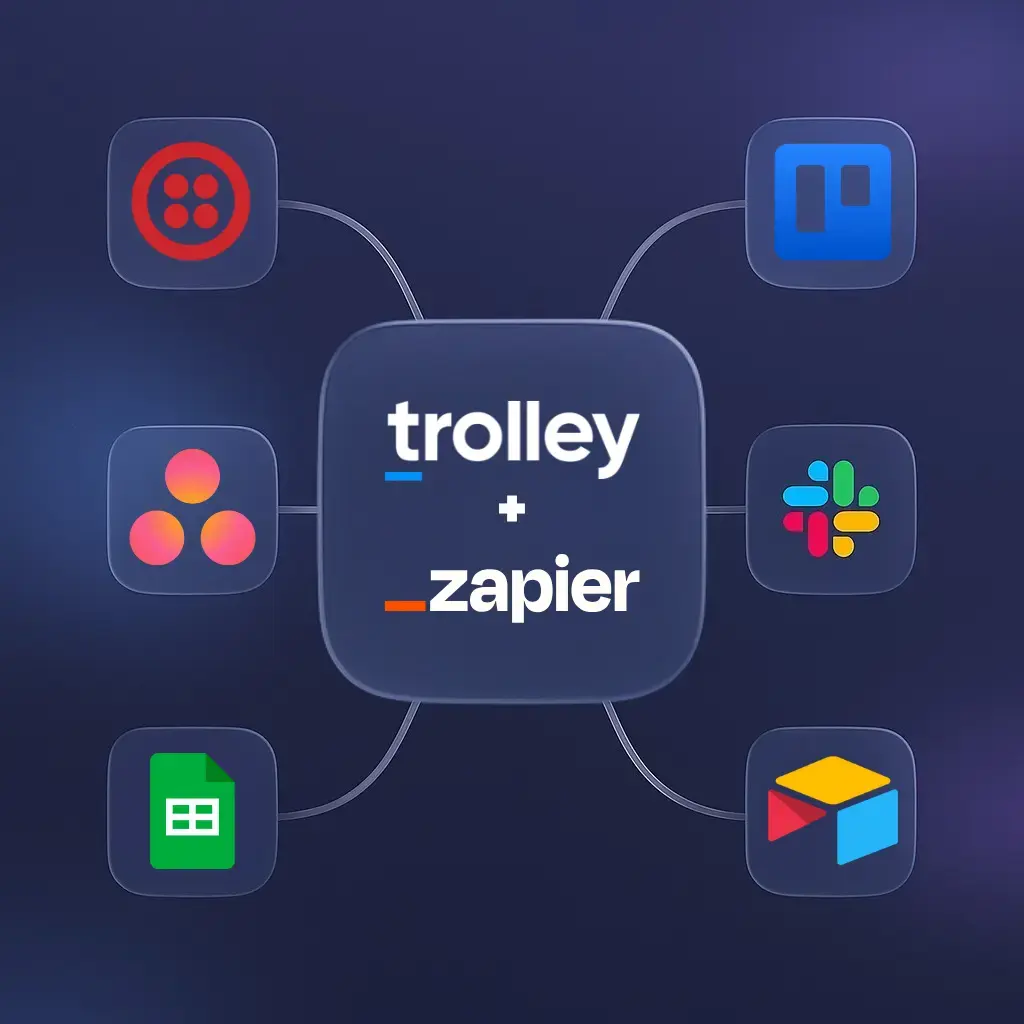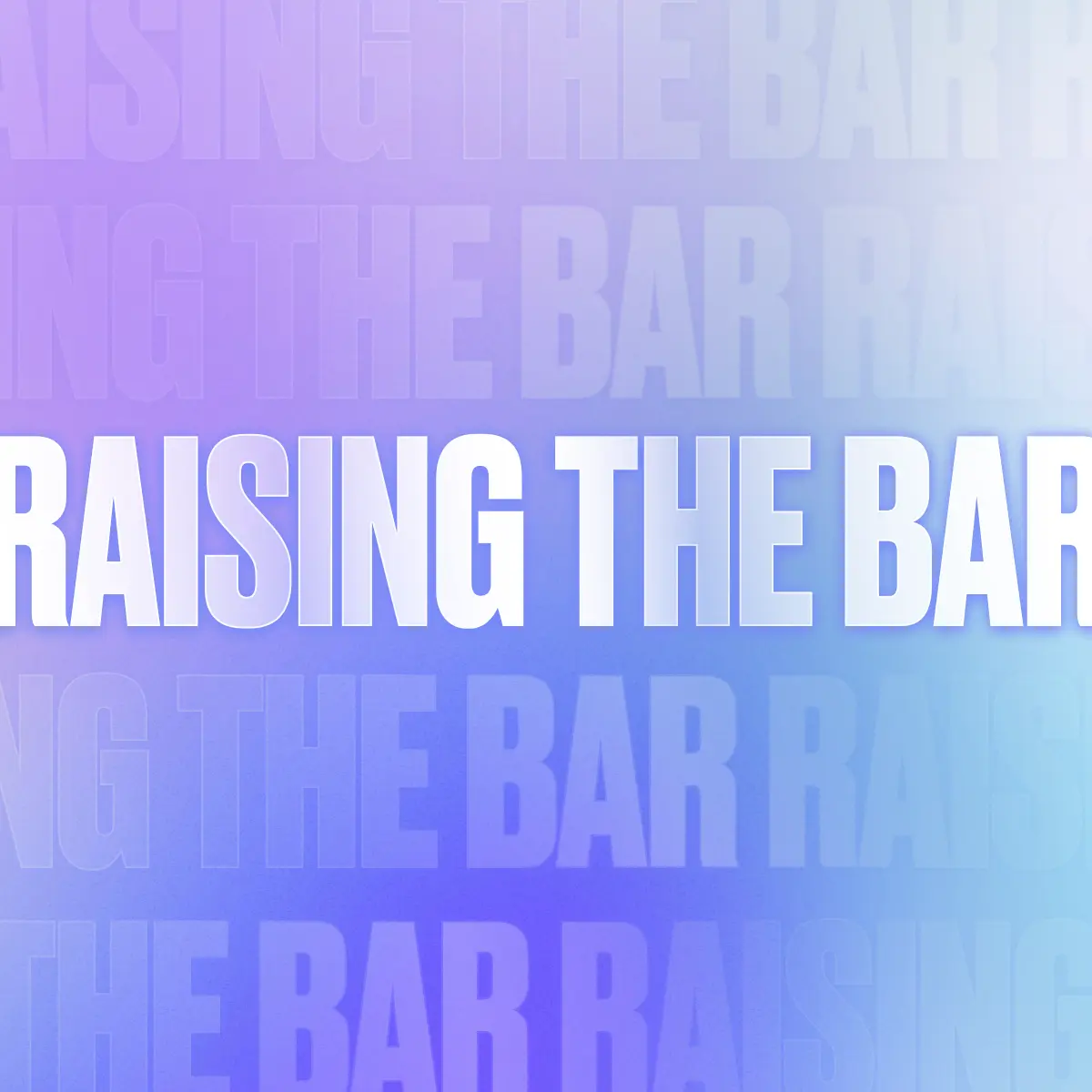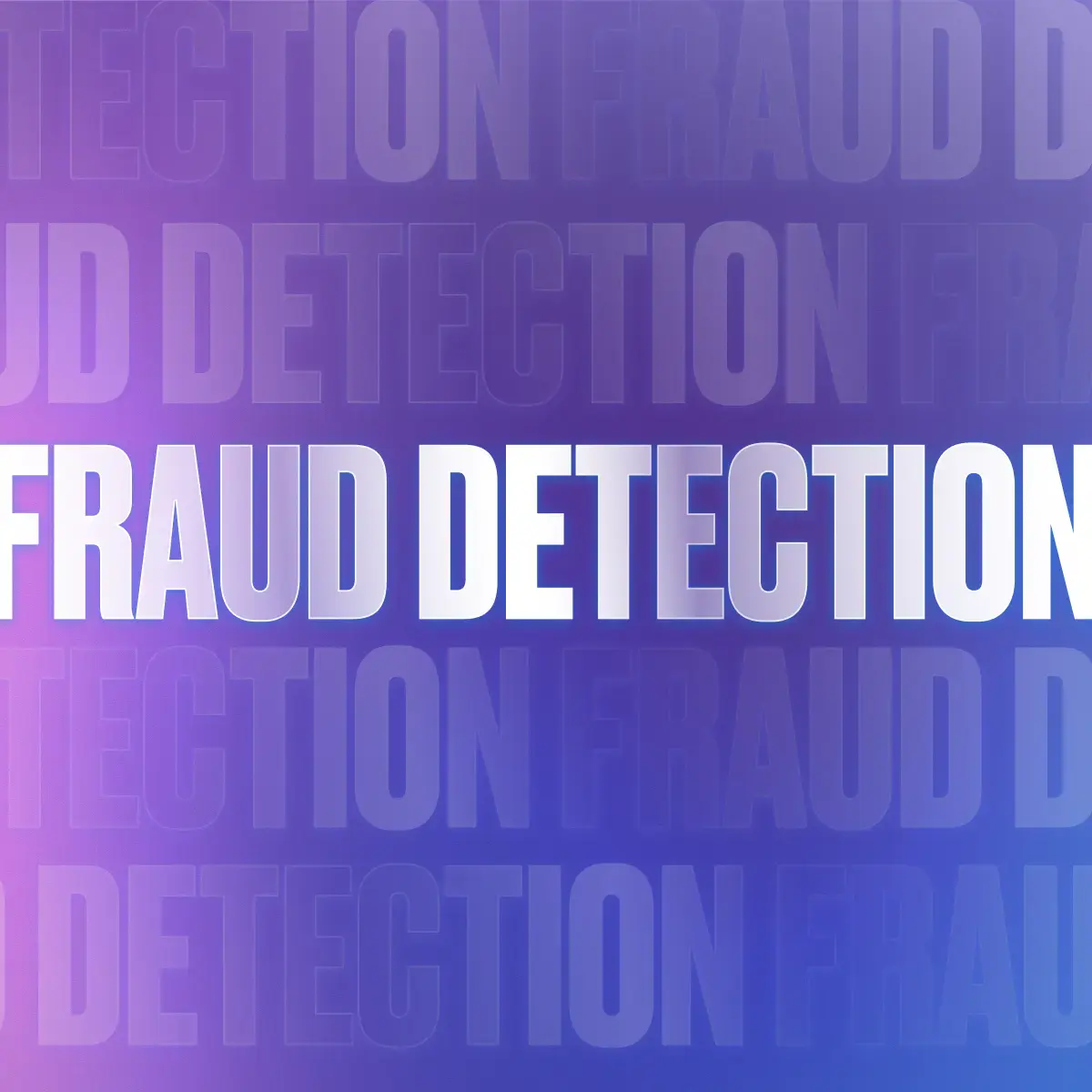11/22/2023 update: The IRS has announced another delay of its Form 1099-K threshold changes. For calendar year 2023, with reporting due in January 2024, the reporting threshold for TPSOs remains at $20,000 in gross amount of aggregate payments and 200 transactions.
The IRS plans to propose a $5,000 reporting threshold for the following year, with the aim of eventually working towards the $600 threshold. This change does not affect state reporting thresholds—many of which are already $600.
The IRS has twice just given marketplaces a break by delaying the implementation of their 1099-K reporting threshold changes. The current threshold of $20,000 paid and 200 payments will remain in effect for another year. Keep reading to learn what this means and how to use this last-minute reprieve by the IRS to your advantage.
This article covers
1099-K overview
Form 1099-K is an IRS tax form used to report payments processed via debit and credit cards and third-party network transactions. The 1099-K reporting requirement aims to help the IRS identify individuals or businesses that have not accurately reported income earned from online marketplaces meeting the definition of being a TPSO. By requiring online marketplaces to report this information, the IRS can better track sellers’ income and ensure everyone is paying their fair share of taxes.
To get a better grasp on 1099-K, read our comprehensive article: What is IRS Form 1099-K? Do online marketplaces need to produce 1099-Ks?
What’s changed?
Until the tax year 2022, the threshold for 1099-K reporting is $20,000 in gross volume and 200 or more transactions to a single taxpayer. This means that if your online marketplace qualified as a TPSO and had some big earners for whom you processed more than $20,000 in payment card transactions + 200 transactions in a calendar year, you needed to report this information to the IRS via a 1099-K.
For the tax year 2022 and onward, the threshold was lowered to $600 in cumulative payments, regardless of the number of transactions. This change put 1099-K reporting thresholds in line with other 1099 reports that marketplaces may be obligated to issue, such as 1099-NEC or 1099-MISC. The original implementation date for the 1099-K reporting requirement was for the 2022 tax year, with the 1099-K forms needing to be issued in January 2023.
However, on Dec 23, 2022, the IRS announced that it would delay enforcement by one year.
Then, on November 21, 2023, the IRS announced that it would further delay enforcement by another year.
This means that the current threshold of $20,000 and 200 transactions will effectively remain for the 2023 tax year, and 1099-Ks for the new $600 threshold will need to be issued in January 2025 for the 2024 tax year.
What should taxpayers do differently with this reprieve?
All online marketplaces that are required to file 1099-Ks must note that this deferral in the $600 Form 1099-K reporting obligations does not affect the guidelines regarding the taxability of income. You are still required to generate a 1099-K form for sellers on your marketplace that meet the $20,000 and 200 payment thresholds. As well, your sellers are still obliged to claim any income earned from your platform on their tax return, even if you aren’t required to issue them a 1099-K.
How to use the last-minute delay by the IRS to your advantage
This threshold & reporting change is a welcome relief for most US-based online marketplaces that are required to file 1099-Ks, as it will give you more time to prepare for the new reporting requirements. While the delay is good news for many, it is only a delay, not a reversal.
Some key ways to take advantage of the next 12 months:
- Set up and optimize your information collection methods to accurately and efficiently report seller taxpayer information at the end of the year. Automating W-8 & W-9 collection reduces friction in the seller onboarding and payment processes.
- Automating and enhancing W-8 & W-9 collection for your sellers should be a priority in Q1 2024.
- In order to accurately report the gross amount of all payment card transactions, you will need to have foolproof systems to track this information.
- To ensure compliance with the new rules, 1099-K reporting automation should be a priority in Q2 2024.
- Your sellers will continue to have questions regarding the last-minute delay and the eventual lower thresholds. Make sure to have answers ready to avoid confusion and ensure compliance. The IRS released updated FAQs in December 2022 to address marketplace and taxpayer questions.
- Seller communication and comprehensive messaging should be a priority in Q3 2024.
Our advice: do not make the mistake of waiting until Q4; starting early will give you time to test and implement the necessary changes and guarantee that you are fully compliant when the new rules go into effect.
Simplify contractor tax compliance with Trolley
Trolley was built to make taxes easy for businesses and the people they pay. From automated W-8 & W-9 collection to the distribution of end-of-year IRS forms, Trolley takes the hassle out of 1042-S & 1099s so you can focus on what you do best.







